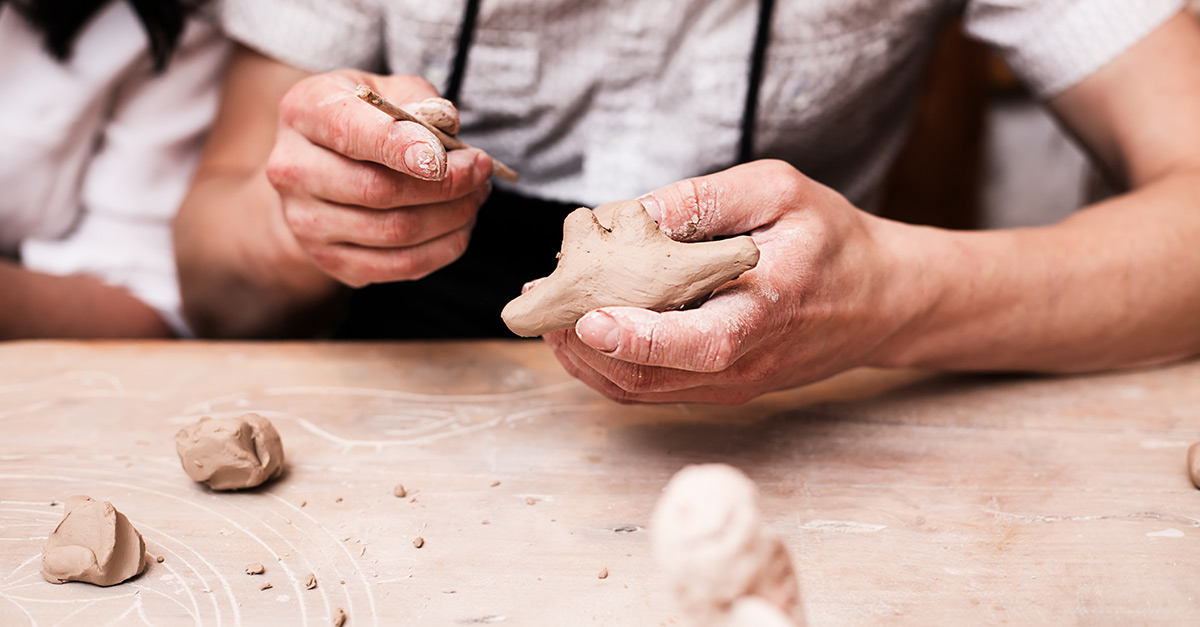When Education Gets in the Way of Learning

When Ashley Lamb-Sinclair was a 17-year-old student in high school she underwent a painful but formative experience. Her art teacher instructed the class to make a life-like bust of a human face. As Sinclair was sculpting, she pulled out the ears and noticed that the bust resembled Yoda. Inspired, she continued with that theme and presented it to her teacher – who promptly failed her for not following directions. Of that experience, Sinclair says:
As a 17-year-old kid, his response cut me to the bone. I had never failed an assignment before, and I thought I would win points for creativity. My piece stood out from the others, and I had taken a risk. This was art class after all.
Today, Sinclair is a public school teacher who keeps her Yoda bust on her desk as a reminder that rules aren’t everything and that playful curiosity is essential to life. But Sinclair is increasingly worried about how education is getting in the way of learning, particularly with high school students, perfect grades, high SAT scores, and standout transcripts with AP courses and extracurriculars designed to impress.
Thinking of her own children, Sinclair admits:
I worry that years of driving toward academic achievement will morph them into tear-filled teenagers who have forgotten how to play. In fact, according to a separate Gallup survey, 79 percent of elementary-aged children feel engaged in school, while only 43 percent of high-schoolers do. This breaks my heart.
Homeschool students are not immune to the pressures of education pushing out the opportunities that true learning affords. For example, homeschool students can often feel burdened to outperform their public and private schooled peers both to compensate for their non-standardized learning path and also to help make homeschooling look good in the eyes of skeptical extended family. In addition, homeschool high students, like any high school students, have to grapple with discerning vocation and how they intend to make a living, and whether or not they should attend colleges. High school algebra can become a source of stress when the student is already stressed out about whether or not they have what it takes to be accepted in (and complete) a pre-med program at the school of their choice.
Homeschool parents can also stress out about education as their child enters high school. The fear of “what if I don’t teach them enough” or “what if they’re not adequately prepared” can be a source of great anxiety. There is also the temptation that, woven into our desire for our kids to be successful, we can conflate their success with our own such that we need them to be validated in order to feel validated ourselves. When this happens, our own insecurities feed those of our children.
Regardless of what learning environment (whether home, or private or public school), we choose for our children, it is important for us to remember that nurturing the playful curiosity is the key to growth, not just the rudiments of education like times tables. A successful education is one that not only prepares a student for college or career, but that also taps into the student’s innate desire to understand this world and to make it a better place through honest work. When our high school students come to us with tears and stress and all the anxiety of transitioning from child to adult, the best thing we can do is to help them rekindle their joy of learning.